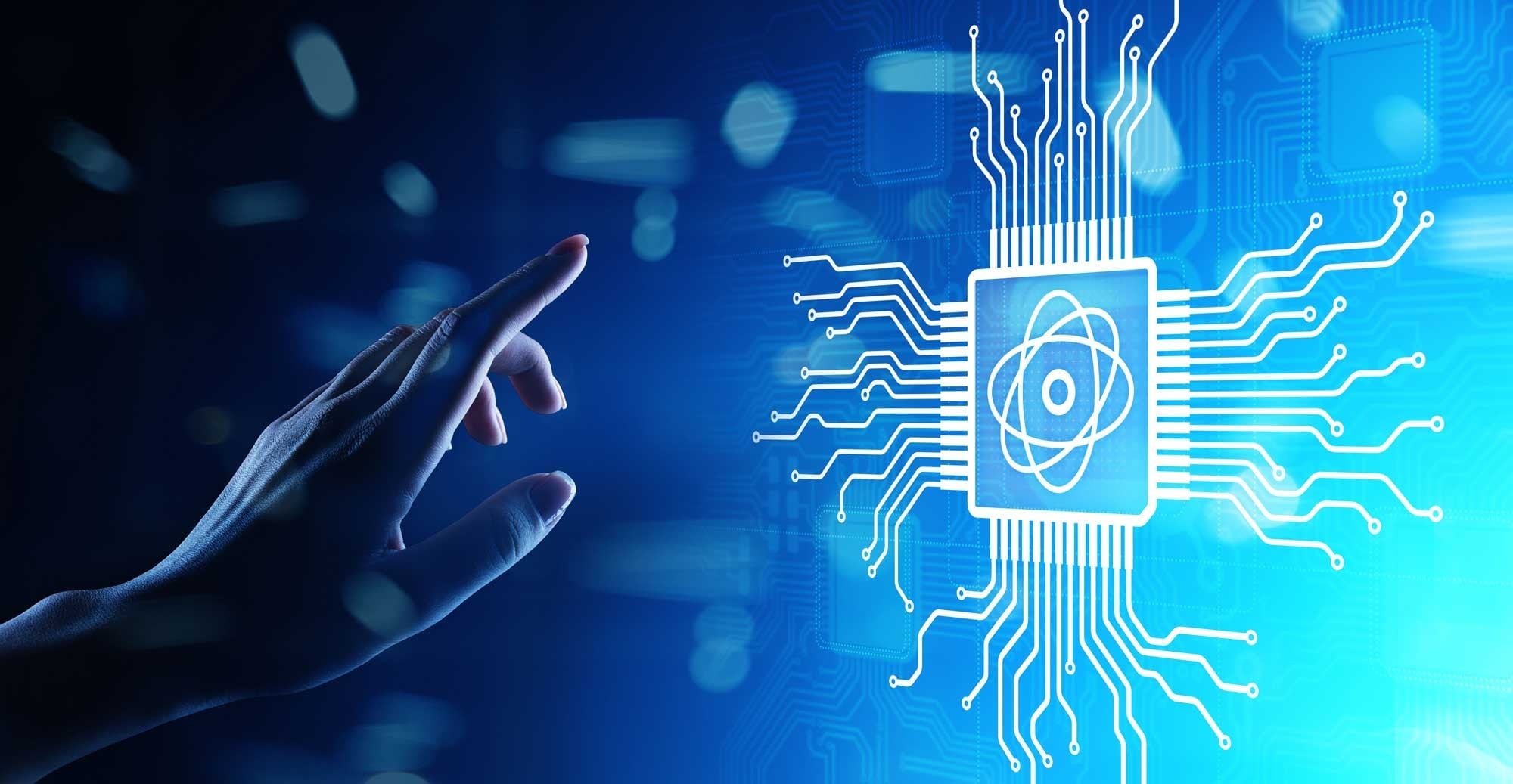WASHINGTON ― America’s and the Pentagon’s race to harness a new generation of powerful quantum computers could get a boost from a bipartisan pair of senators, fueled in part by a fear of growing competition with China.
Legislation set to be introduced Friday in the Senate is intended to improve Defense Department’s workforce in the highly specialized computing field. It’s aimed at improving pipelines for the military with the private sector and for students graduating with quantum-related degrees.
The proposed bill is also intended to add Defense Department research efforts into the National Quantum Initiative, a program Washington established in 2018 to accelerate quantum research and development. The initiative is already made up of the National Institute of Standards and Technology, National Science Foundation and Energy Department.
Powerful quantum computers pose a danger to national security out of a fear they may be able to break current encryption capabilities, meaning secure communications under current systems will be nearly impossible. On the flip side, adversaries with quantum capabilities will be able to communicate securely without fear of interception by the U.S., unless it achieves its own quantum computer.
The two bills from Sens. Maggie Hassan, D-N.H., and John Thune, R-S.D., are the QUANTUM for National Security Act, which would impact the Pentagon, and the Quantum Network Infrastructure and Workforce Development Act.
Hassan’s bill would largely tap existing partnerships, scholarships, and research programs within the DoD, but add a focus on quantum computing. It would also add quantum quantum science and technology research to the list of Defense Department modernization priorities.
“Quantum mechanics play a critical role in our national security and economy — and will be at the forefront of innovative defense technologies that will help to maintain our military edge over China,” Hassan, who’s leading the national security-focused bill, said in a statement.
“I am glad to join Sen. Thune in introducing these bipartisan bills that will strengthen Department of Defense and Department of Energy efforts in quantum research and help encourage more young people to get into this critical field so that we can create jobs and keep America safe, secure, and free.”
The bill Thune is leading would, according to a summary, boost quantum information science in federal research efforts, American school curricula and in workforce development.
The bill would build off the establishment of the National Quantum Initiative to “better enable the United States to maintain its global leadership in quantum information science,” and “by supporting existing efforts and accelerating critical growth in the field,” Thune said in a statement
Andrew Eversden contributed to this report.
Joe Gould was the senior Pentagon reporter for Defense News, covering the intersection of national security policy, politics and the defense industry. He had previously served as Congress reporter.








